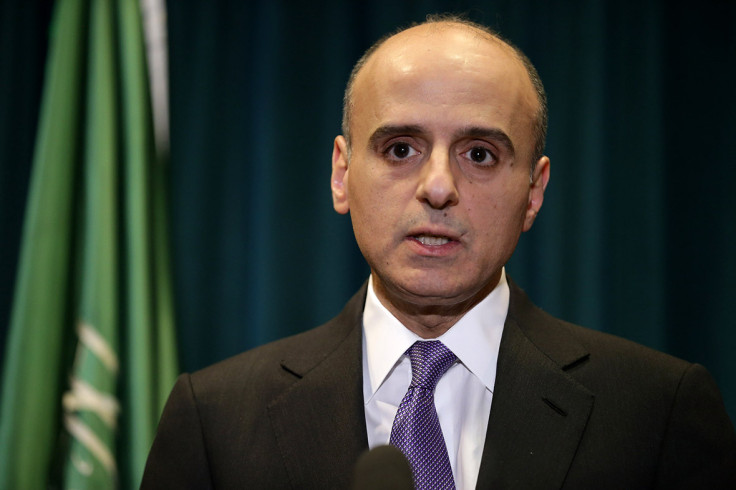Grand Sunni alliance builds as Yemen descends into war

Saudi Arabia has managed to assemble a pan-Arab coalition from across the Sunni Middle East to beat back the advance of Yemen's Houthi rebels and re-install deposed president Abd-Rabbu Hadi to power in Sana'a.
The alliance has got the support not just of Saudi Arabia's GCC allies - the UAE, Qatar, Bahrain, Oman and Kuwait, which together with Saudi make up the six-nation Gulf Cooperation Council - but Turkey and Egypt, as well as Morocco and Sudan.
The campaign, which began with air strikes on Sana'a Thursday, has now got the backing of the European Union and the US, with US Secretary of State John Kerry holding talks with the coalition of Arab states against the Houthis, which pressed towards the southern city of Aden Wednesday.
#BREAKING Kerry held conference call with Gulf ministers on Yemen crisis: official
— Agence France-Presse (@AFP) March 26, 2015The role of Egypt in the crisis has raised eyebrows given their own issues with Islamic State (Isis) next door in Libya, as well as the fact that previous Egyptian leader Gamal Abdel Nasser fought a bloody and eventually completely unsuccessful war in southern Yemen in the 1960s.
Four Egyptian naval vessels en route to secure Gulf of Aden: Suez Canal sources
http://t.co/NGtq1OkYiC
— Angela Lo Rosso (@AngelaLoRosso) March 26, 2015Saudi Arabia has now declared Yemeni airspace a restricted area, forcing the cancellation of flights to Sana'a and Aden while Jordan has imposed a travel ban.
As air strikes hit Sana'a this morning, residents told of a city unprepared for war, with a lack of bomb shelters and medical facilities. The Houthi rebels that have controlled the city since earlier this year were reportedly appealing for Yeminis to give blood to help tend the wounded.
Yemen-based journalist and analyst Adam Barron wrote yesterday that while regional players see the conflict as a Shia-Sunni battle, the true reality on the ground in Yemen is very different.
"While the chief combatants in the civil war are certainly playing the sectarian card to some degree [...] both the Shiite Houthis and their Sunni opponents are deeply rooted in Yemen, and they are motivated primarily by local issues," he wrote.
As IBTimes reported earlier this week, these issues involve control of resources and oil revenues as well as the fear amongst Shia Yemenis - which make up a third of Yemen's population - that the central government was not doing enough to counter Al Qaeda in the Arabian Peninsula.
The journalist and veteran foreign correspondent Brian Whittaker wrote this morning that the latest Sunni grand coalition in Yemen is just the latest chapter in a long history of Saudi Arabia meddling in the politics of its southern neighbour.
He said that Saudi Arabia would likely avoid sending in ground forces but that air strikes and other military support for President Hadi would likely enrage Iran, whose support for the Houthis has so far been verbal but could escalate.
"Based on past form, the overall effect of any Saudi involvement is unlikely to be positive," he said.
It was confirmed later Wednesday that Sudan and Egypt would contribute ground troops to Yemen while Pakistan was still considering it.
Partners in anti-Houthi campaign express will to deploy ground troops.
Sudan & Egypt confirmed. Pakistan is mulling.
http://t.co/qIUw0w0fWr
— Hetav Rojan (@HetavRojan) March 26, 2015© Copyright IBTimes 2024. All rights reserved.






